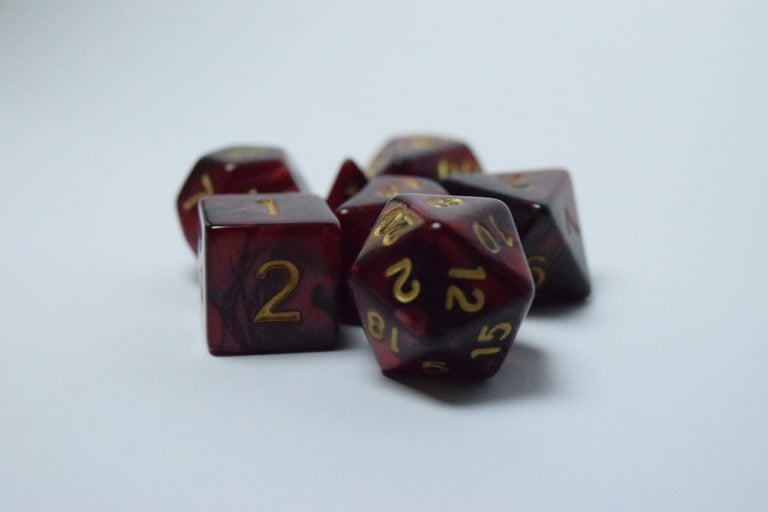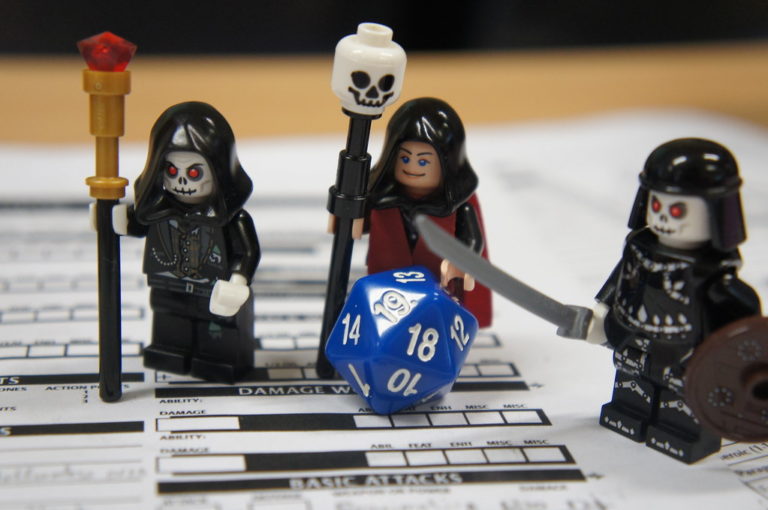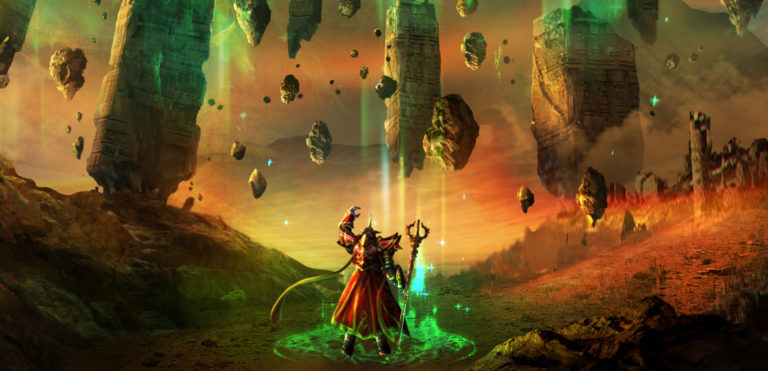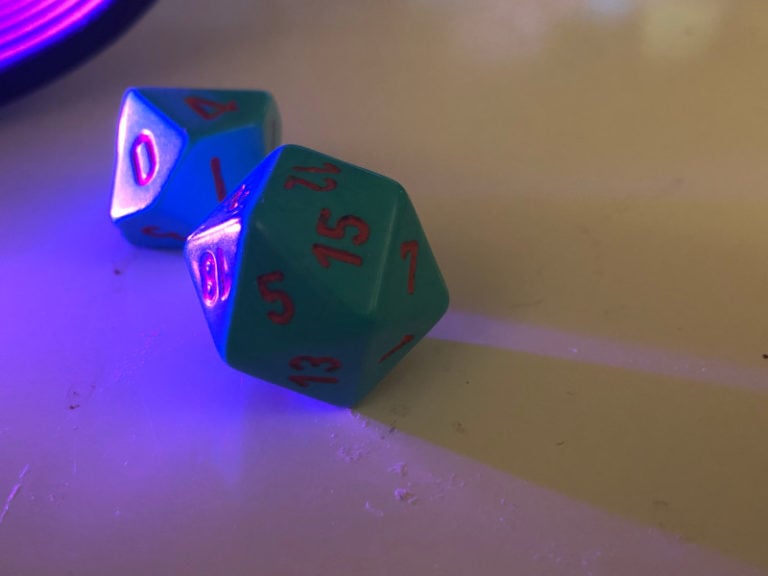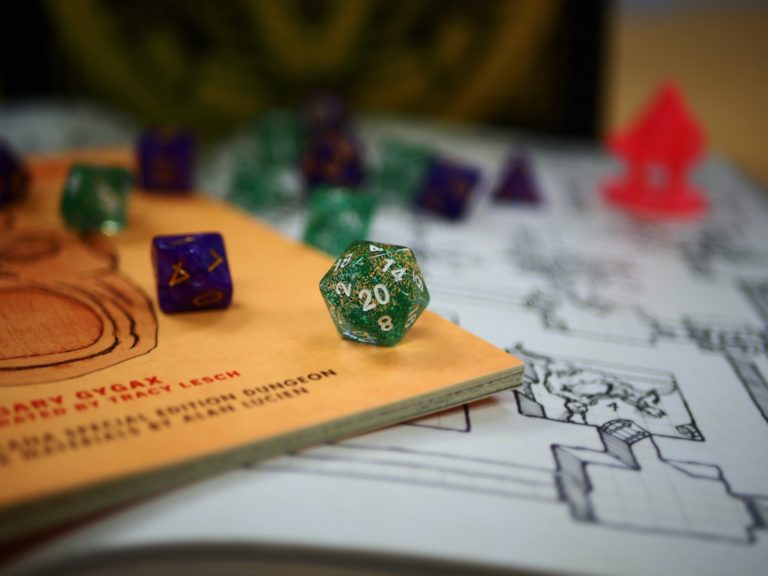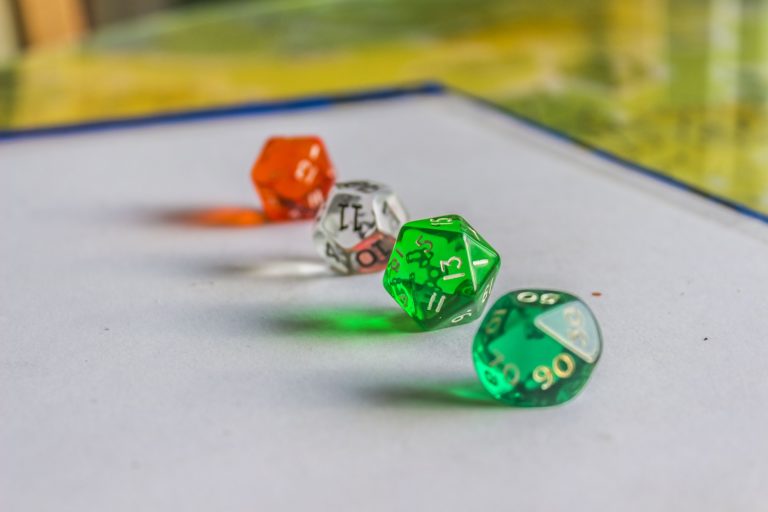The Basics of Bardic Inspiration | How Does Inspiration Work 5E
Dungeons & Dragons is – and has been – a role-playing game first and foremost. The focus of the game is to pretend to be a character in this fantasy world, be it the Forgotten Realms or any homebrew setting. For some players, that’s enough to immediately throw themselves into any situation with a goofy smile. But, for most new players, roleplaying can be hard. And it’s certainly not for everyone! However, DMs have the Inspiration system to try and help players have a mechanical reason to roleplay. Learn more with our How Does Inspiration Work 5E Guide.
How Does Inspiration Work 5E
Inspiration is a mechanic for DMs that is rewarded to players who roleplay their character. The DM is the final arbiter on what would give a player Inspiration, but it tends to be focused around personality traits, your drawbacks from flaws or bonds, or any other compelling way.
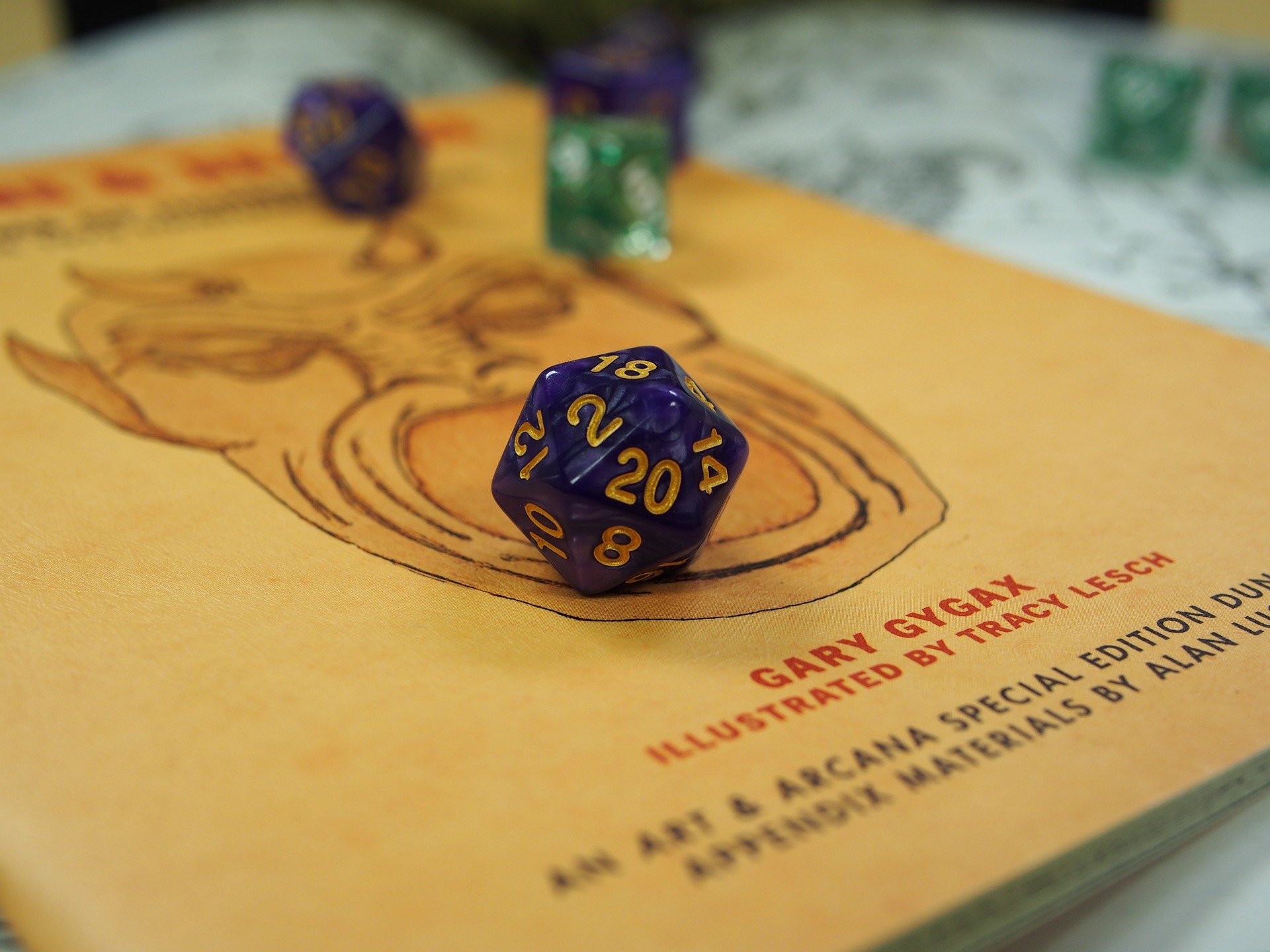
For example, let’s say Tiffany the Dragonborn has a drawback where she suffered from alcoholism before becoming a Paladin. Then, at the bar later, Tiffany’s player talks down a drunkard from interfering with the party, roleplaying their hearts out. Not only does the DM have the option to not ask Tiffany for a Persuasion check, they can also reward her with Inspiration.
You either have or don’t have inspiration. It’s a state of being. Now that Tiffany has inspiration, she can’t get more.
Bardic Inspiration
Outside of the basic inspiration mechanic is bardic inspiration. this feature of the Bard class allows a player to give grant an inspiration dice to a fellow player. The fellow player can roll this die and add the number to their attack roll, ability check, or saving throw at their discretion. The specific dice roll by the bard varies depending on the level of the character. You can learn more with our comprehensive Bard Guide.
What Can I Do With Inspiration?
Now that you have inspiration, you can use it in one of two ways. Firstly, you can use it to gain advantage on an attack roll, saving throw, or ability check. You’ll find that this is most helpful in advancing the campaign in meaningful ways early on… and then on saving throws later. You really don’t want to fail the save against spells later on!
You can also become the DM, and decide to grant Inspiration to a player who you think did something interesting. If you do so, you give them your inspiration. For example, Tiffany is in a dungeon with a Wizard, and they need to get up a cliff. The Wizard knows a Fly spell, but instead of doing that, they decide to help the Gnome Arcanist to build a catapult using Telekinesis. That amount of fun gameplay and creative problem solving might cause Tiffany’s player to say “that’s awesome” and give the Wizard Inspiration.
This is a fun mechanic, but it’s extremely odd. If a player roleplayed well, why didn’t the DM give them inspiration instead? Inspiration is not limited to one member of the party at a time.
Depending on your DM, this can instead be seen as a team building experience; As the rogue approaches the back of the king, perhaps their player monologues about how the King ruined their life. Maybe they describe in detail how the character holds their dagger, rage moving their every step. Instead of the DM rewarding them for good roleplaying, you could say that this is an exciting story moment and give them your inspiration, letting them almost guarantee the Sneak Attack. That’d be a fantastic use of Inspiration, and would let your party feel really synergistic, even if your character couldn’t even see the Rogue.
See Also: How to Attune in 5E
Wrapping Up Inspiration
That concludes our how does inspiration work 5E Guide. Inspiration is an interesting concept with a lot to it. Your DM has the final say on whether or not Inspiration is granted, but you can help your party members drive an engaging storyline.
If you’re uncomfortable with roleplaying, then don’t let not getting Inspiration peer-pressure you! Talk with your DM about what you can do to get Inspiration instead. Perhaps, instead of talking in your character’s voice, you just talk about what your character is doing. You can still “portray your character in a compelling way” without needing your Dwarf to say something in a Scottish accent!
Finally, while Inspiration is a cool mechanic, it’s not without its flaws. It’s a bit weird for a character to do something that’d be normal for them (even if it’s bad for the party) and then suddenly be better at a random attack roll two hours later. Your DM might adjust Inspiration, or ignore it completely. Be sure to talk with your DM before the campaign starts to know how they’re going to handle it.

